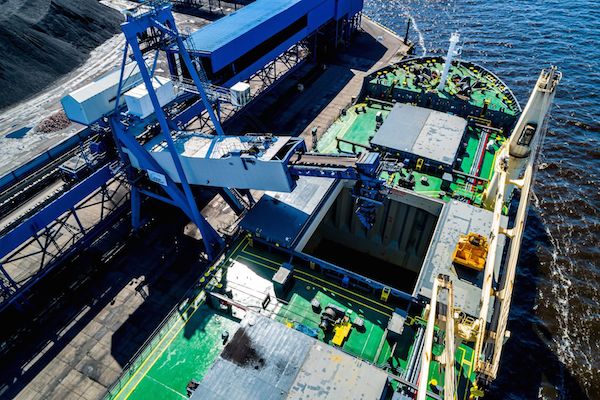

How should the coal industry better adapt in the era of “big-data”?
The coal industry will be a major field of application for big data, which is gaining traction in recent years and has been successfully applied in some sectors.
China-based coal consultant Fenwei Energy Information Services Co., Ltd. has been improving its price forecast model based on big data, and the forecast results are much better compared to previous models, according to General Manager Luo An.
Delivering a speech at an industry summit in Guangzhou on November 21, Luo said the big data-based price forecast model has proven to be more accurate in capturing turning points of the Chinese thermal coal, coking coal and met coke markets, a boon for enterprises in the sector.
“The modeling results indicate high goodness of fit for price forecast 42 days or six weeks later, with thermal coal at 0.86 GFI, coking coal 0.91 and coke 0.95, and all model tests (F-test, T-test) could meet standards,” Luo said the 7th Global Thermal Coal Resource & Market Summit, an annual conference on thermal coal held by sxcoal.com.
With the model, coal enterprises could timely adjust their products inventory and make sale/purchase strategies accordingly for best profit margin, he stated.
Moreover, spot and futures markets are highly correlated, and the model shows high odds of 74.33% in trend convergence for spot and futures market after 42 days.
“If taking position when forecasted price change of the model exceeds 30 yuan/t, there’s 84.37% chance to make an average 48 yuan/t profit and 15.63% change to incur 20 yuan/t loss,” Luo further elaborated.
Faster fluctuation in coal and coke markets since 2017 – about 3-4 price cycles a year V.S. previous 1-2 cycles – has made it harder for market participants to grasp future market direction.
To cope with this, Fenwei further upgraded its price forecast model to predict not only future price trend but also the extent of price change, thus better guiding enterprises in pricing and other decision makings.
The latest and third generation of Fenwei price forecast model, developed since 2016, is based on the characteristics of big data and applies machine learning to the correlation of influencing factors, i.e., AI-based mathematical model to analyze industry-wide data for qualitative and quantitative forecast through mathematical regression.
The second-generation model, CR composite index model, developed in 2008-2016, focuses more on inventory, which is the result of supply and demand changes. More efforts were made in the selection of inventory samples at ports, production and consumption areas, based on which forecasts are made for future prices.
The first-generation model, supply-demand model (1998-2007), is to judge the market situation through analysis of the supply-demand gap, and then predict the future price trend.
Source : SXcoal.com













